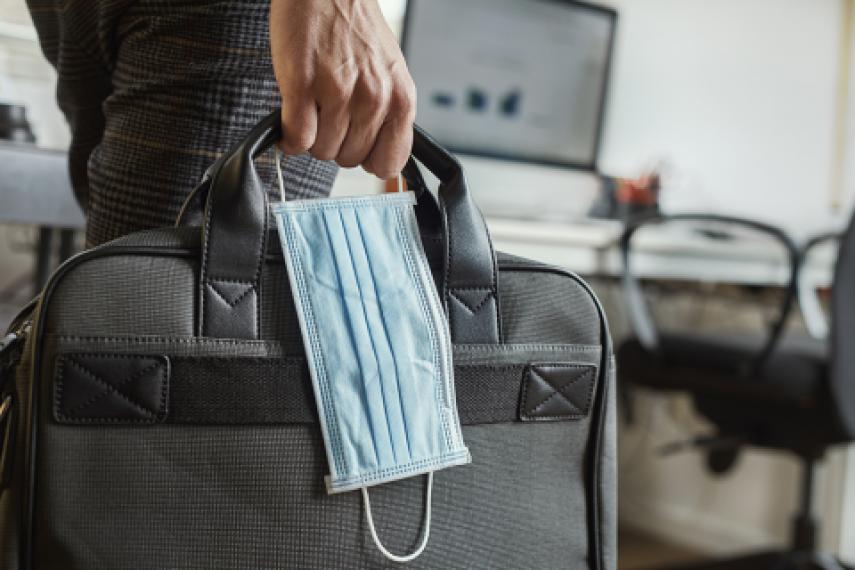
As the pandemic continues, unemployment rates have begun to decrease. According to the Bureau of Labor, as of November 2022, the unemployment rate was at 3.7 percent. So, if you are back to work after being unemployed for some time due to COVID-19, you may feel like you see tiny rays of light at the end of a very long tunnel.
Before you give in to the excitement of returning to work, there are a few details you need to handle first. These are a few of the things you’ll want to do as you return to the workplace after a prolonged unemployment period.
Getting Off Unemployment
If you were among the millions of Americans receiving unemployment compensation while unemployed, now is the time to notify your state authority that you no longer require the assistance. Each state has different policies and procedures to go through when returning to work.
The key is getting the right information from your state agency. You do not want to find yourself facing penalties, fees, and fines if you receive additional payments beyond what is necessary.
Getting Back into a Daily Routine
You have been away from the workplace for quite some time. You might be returning to a familiar office space (working for the same organization, for instance) or working somewhere completely new and different. In either case, your office landscape may look completely different due to COVID-19 precautions all employers are taking. After all, it is best for your employer not to lose an entire workforce for weeks at a time to pandemic-related illnesses and quarantines.
Getting back into a daily routine often begins before you even get in your car to go to work. Chances are you have a few days or even weeks to prepare.
- Begin getting up and preparing as if you were going to work every weekday. This gets you in a routine of waking up on time.
- Start meal prepping and planning so that you are not overwhelmed with the process when you return to work.
- Begin waking your children up and getting them in a routine for your return to work and how it will affect them.
- Have a nighttime routine to prepare for the following day at the office. That includes preparing breakfast and lunch, making sure all devices are fully charged and ready to go, and ensuring you have all the articles of clothing you need for your “day at the office.”
Creating habits like this ahead of your return to work helps you ease into the transition without being overwhelmed by the first few days. You should also expect that others may not ease into the transition as smoothly, so bring an extra helping of patience with you when you enter your office.
Dealing with Stress at Work
Now is a time in our history when everyone is stressed. As you re-enter the workforce, expect stress levels to be high all around. That means you must learn to deal with and manage your own stress at work and how to respond to and work around the stress others experience.
People are worried about COVID-19. There’s no way around it. Knowledge for managing the condition can be fleeting as the rules seem to keep changing. Some people do not like wearing masks. It can make them feel stressed and unable to focus on the tasks at hand. People are worried about how their children are faring, as they return to school in many cases, or remaining at home with their partners.
Coping with stress is essential. These steps can help.
- Identify the things that trigger your stress response. When they occur, take a moment, when possible, to relieve stress (stress balls, taking a walk, counting to ten, etc.).
- Develop healthier responses to stress than usual. While some people resort to comfort foods, alcohol, and other unhealthy choices for dealing with stress, consider healthier responses, like yoga, preparing healthy meals, family game night, or escaping between the pages of a novel.
- Make time to relax and recharge daily. This is important. You need to take a little “you” time every day when you can absorb the positive events of the day and let go of the ones that cause you the most stress.
Little things can make a huge difference in stress levels. See if you can turn things around for yourself and others. Do not add to the stress levels of the people around you.
Takeaway
Whether you are facing your return to work with a sense of excitement or dread, doing these things first can ease the transition much more effectively.
- Taking care of your unemployment benefits
- Easing into a workday routine
- Minimizing stress and learning to deal with it when it appears
May your return to work go as smoothly as possible and provide some semblance of a return to normalcy.








